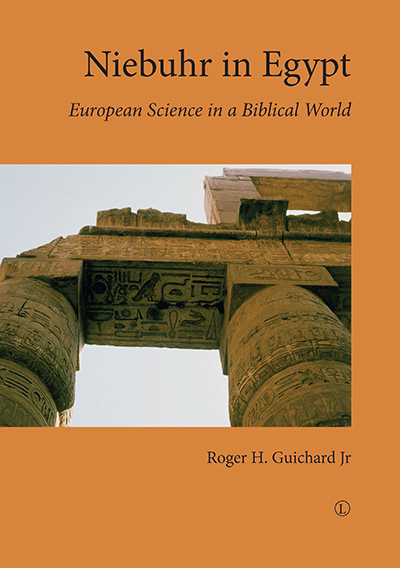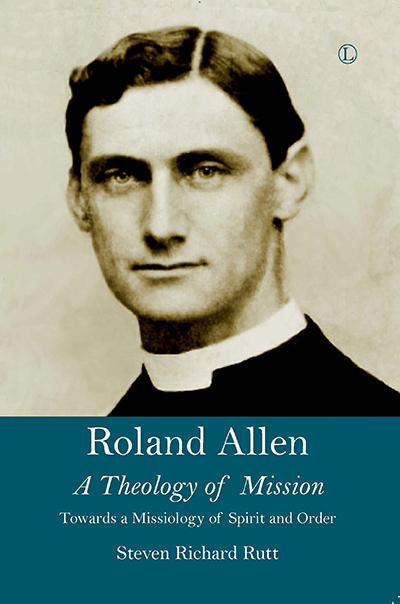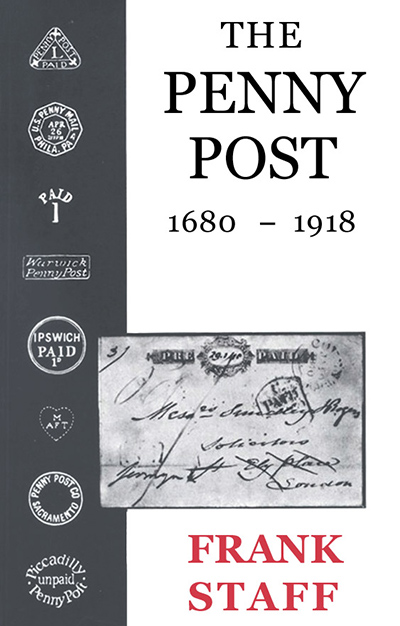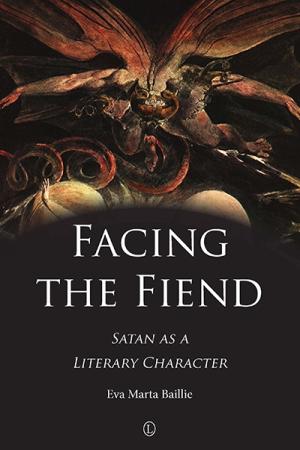Description
As a member of the Royal Danish Expedition to Arabia in the 1760s, Carsten Niebuhr is justly celebrated for his contribution to an understanding of the Arab world. The most concentrated period of time he and the expedition spent together was not, however, in Arabia at all, but in Egypt. The sojourn in that country was an unexpected boon, Egypt not even appearing on the expedition’s original itinerary. It presented the opportunity for an undertaking with an avowedly biblical purpose. When Niebuhr and his companions were detained for a year in Egypt in 1761-62, it was, after all, in a place that some have called the cradle of the Jewish people. Although Egypt had existed for millennia, with or without the Jews, the notion that its history served as little more than stage setting for the drama of mankind as played out in the Hebrew Scriptures was pervasive in eighteenth-century Europe. Freed for the year from the painstaking instructions of Professor Johann David Michaelis, the foremost biblical philologist of the eighteenth century and the expedition’s prime mover, Niebuhr was able to approach the country with an open mind and in so doing made an early contribution to the nascent discipline of Egyptology.
About the Author
Roger H. Guichard Jr is a management consultant who has lived and worked for most of the last thirty years in the Arab and Muslim worlds. He is a specialist in the European exploration of Arabia.
Contents
Illustrations
Preface
Acknowledgments
1. Introduction
2. The Conceit
3. To the Orient
4. Alexandria
5. To Cairo
6. The Mother of the World
7. Government
8. Inhabitants
9. Commerce
10. The Delta
11. Manners and Customs
12. The Antiquities of Egypt
13. To Suez and Sinai
14. Afterward
15. The Results
Appendices
A. Questions
B. Keys to the Map of Cairo
Bibliography
Subject Index
Endorsements and Reviews
A number of recent books have underlined the importance of Carsten Niebuhr’s travels in the Near East, but no one has brought Niebuhr, and his scholarship, to life as successfully as does Roger Guichard in this highly readable book. Guichard accomplishes this by describing in detail how Niebuhr spent his year (1761-62) in Egypt, negotiating the suspicions of many Egyptians and ignoring the almost exclusively biblical interests of his European patrons. Guichard introduces us to a man who read extensively, measured carefully, and did not hesitate to seek out local informants and assistants, and who, as a result, produced travel narratives that enormously enriched his contemporaries’ knowledge of both modern and ancient Egypt. Guichard’s detailed knowledge of Arabic sources, Egyptian geography, and Ottoman history make it possible for him to offer a convincing assessment of Niebuhr’s perspicacity, accuracy, and antipathy toward Eurocentric prejudices.
Suzanne Marchand, author of German Orientalism in the Age of Empire: Religion, Race, and Scholarship
The book gives an accessible insight into the condition of Egypt in the 1760’s, still nominally part of the Ottoman Empire, and before the arrival of Napoleon in 1798 and the opening up of the country in the nineteenth century. The author is careful to explain the findings of the team in a variety of fields including biblical and classical studies, history, geography and science.
Michael Tunnicliffe, in Ancient Egypt, Vol 15, No 3, Issue 87
Guichard highlights Castern Niebuhr’s observations and achievements, valuable in themselves and as stepping stones upon which subsequent scholars and travelers were to tread, while offering those interested in the exploration of the middle east an episode heretofore not emphasized.
Caroline Williams, in The Association for the Study of Travel in Egypt and the Near East Bulletin, Issue 62
Roger H. Guichard Jr.’s book adopts a novel perspective, examining in greater detail than previous authors the year during which the expedition was delayed in Cairo. It is thus a study in the history of ideas, touching on issues relevant to the relationship of philology and other areas of inquiry in early-modern Europe. Guichard’s book is in large part paraphrase of Niebuhr’s Reiseschreibung along with well-informed elaboration on subject after subject broached by Niebuhr, punctuated with citations. Guichard makes a strong case not only for the importance of Niebuhr and his unique perspective for our knowlwdge of pre-Napoleonic Cairo, but also for the man’s unassuming competence and admirable accomplishment in realizing the potential of an expedition that, at least in the eyes of its sponsors in Copenhagen, was bound to fail.
Robert Lamberton, in Bryn Mawr Classical Review, 2015






